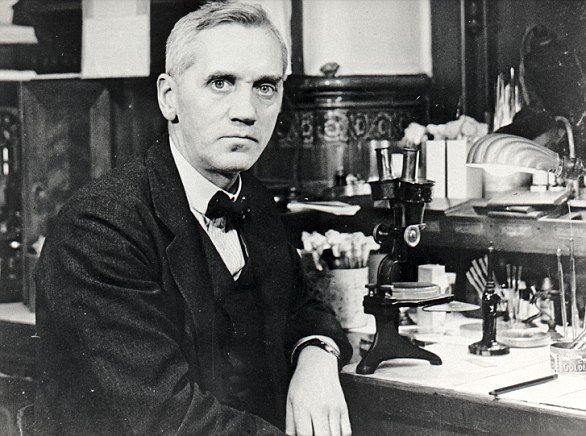
Antibiotics are chemical substances that can inhibit the growth of and even destroy harmful microoganisms. They are derived from special microoganisms or other living systems and are produced on an industrial scale using a fermentation process.Although the principles of antibiotic action were not discovered until the twentieth century, the first know use of antibiotics was by the Chinese over 2,500 years ago. Today, over 10,000 antibiotic substances have been reported. Currently,antibiotics represent a multibillion dollar industry that continues to grow each year.
The commercial development of an antibiotic is a long and costly proposal. It begins with basic research designed to identify organisms,which produce antibiotic compounds.During this phase,thousands of species are screened for any sign of antibacterial action. When one is found, the infectious bacteria.The large-scale production of an antibiotic depends on a fermentation process. During fermentation, large amounts of the antibiotic producing organisms are grown.

In 1928, Alexander Fleming made one of the most important contributions to the field of antibiotics. In an experiment, he found that a strain of green Penicillium mold inhibited the growth of the modern era antibiotic, penicillin. A few years later in 1932,a paper was published which suggested a method for treating infected by using a penicillin preparation.